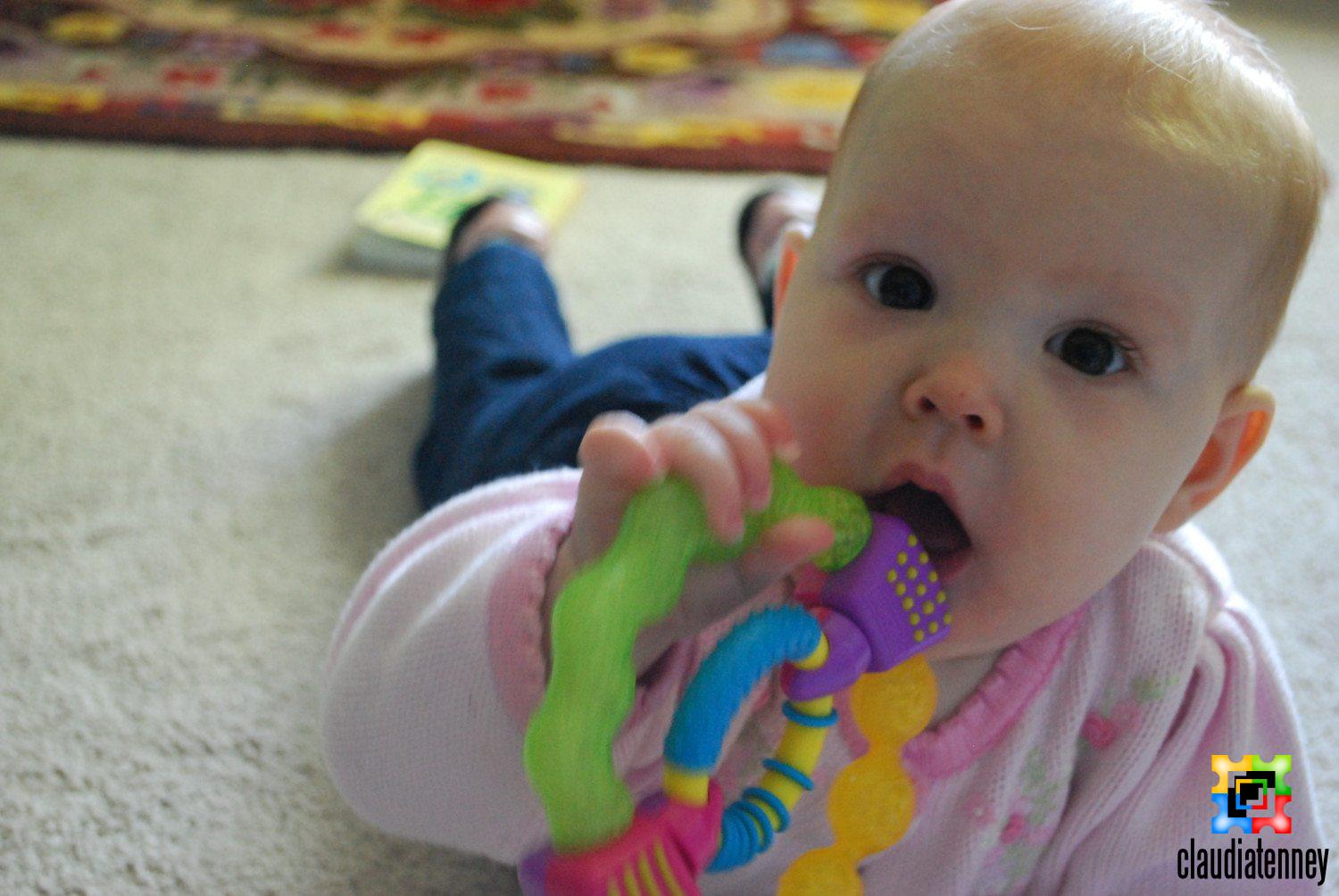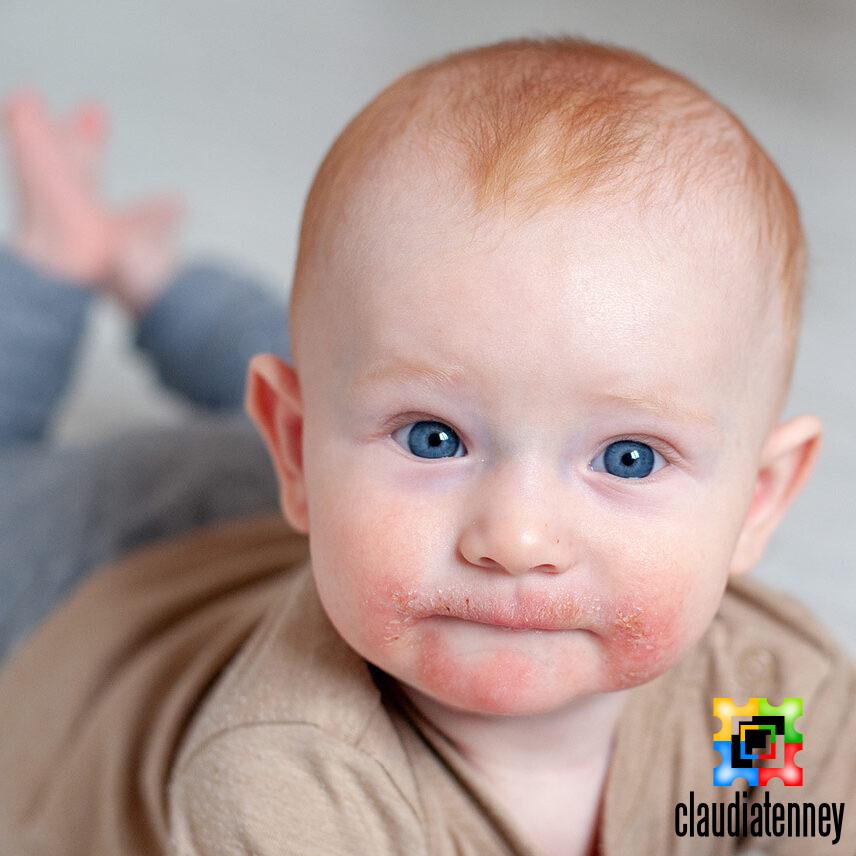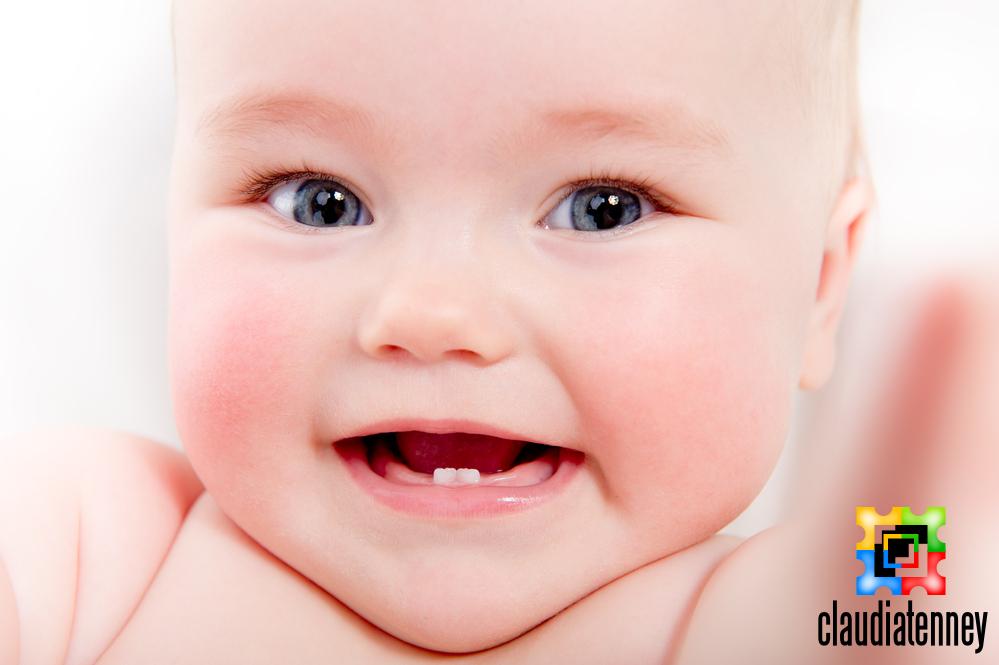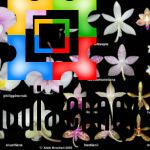Identifying whether or not your baby is teething can be a challenging task. However, it’s important to know what to look for. There are three symptoms you’ll want to identify: drooling, swollen gums, and crying. These are all signs of your baby being in the midst of a teething cycle.
Drooling
During teething, some babies can become extremely fussy. They can cry or suckle to relieve the pressure. They may also feel warm cheeks.
During this time, babies produce extra saliva, which helps to lubricate their gums and protect them from tooth decay. This can cause a lot of drooling. It is important to focus on handling the discomfort while avoiding excessive drooling. If drooling becomes excessive, it can result in a rash on the baby’s chin or neck. It can also cause coughing.

It is important to take note of any fever your baby may be experiencing during teething. Fevers above 101 degrees Fahrenheit should be reported to your doctor.
Some babies may experience ear infections during this time. They may also get sore gums. A cold teething ring can soothe the gums. You can also use cold foods to relieve pain.
Teething can also affect the way your baby sleeps. Your baby may become irritable and wake up multiple times during the night.

Babies may also gnaw their nipples or fingers. You may notice that they bite on the breast or plastic spoons. They also may bite on gates or stroller guards.
Teething can also cause a rash. It is important to moisturize your baby’s skin with lansinoh cream or Vaseline. These creams can help prevent a rash.
Swollen gums
During teething, babies may experience swollen gums. They may also be infected. These infections can be painful. Usually, the swelling subsides when the tooth erupts. However, if the swelling persists, you should see a doctor.
Babies can also experience drooling. Drooling is a common symptom of teething. This occurs because the teeth are moving under the gums. It may also result from an ear infection. When the gums are swollen, they can feel bulky.
Babies may also experience a face rash. This is caused by the loss of antibodies in the body. Usually, the rash will subside on its own.
Babies may also develop oral bacteria, which causes swelling and inflammation of the gums. To prevent infections, parents should brush their child’s teeth twice a day. They should also avoid feeding after brushing.
Babies can also experience extra drool, which can make their chins sore. If the drool contains bits of food, this can also irritate the gums. This may also cause the teeth to move under the gums, causing pain.
Teething can also cause a rash to form on the face. Parents can use a cloth to prevent the rash from developing. They can also offer chilled teething items to the baby.
Parents should also avoid the use of toothpaste. Teething products and gels should not contain choline salicylate or benzocaine. These chemicals reduce oxygen in the blood, which may be harmful to babies.
Crying
During the teething phase of your baby’s life, there will be lots of crying and fussing, but it’s not necessarily a bad thing. Teething is not as bad as you might think, and the majority of babies have a positive experience.
When a baby is teething, there are several different signs to look for. Some are obvious. Baby’s mouth will be more sensitive, and she may reject breast milk or food. She may also develop a rash in the mouth and drool contains food particles.
One of the first signs of teething is an ear infection. It’s common for babies to have one around six to 12 months of age. They can also develop a rash on the cheeks and face.
It’s also common for an infant to not be able to sleep at night. During this time, it’s important to keep the baby as comfortable as possible. Try shushing and rocking to calm the fussy baby.
You can also try giving the baby a cold compress. Cold water can help calm the gums.
You might also want to check with your pediatrician. They might recommend over-the-counter pain relievers for your baby. This is a last resort, but it can be helpful.
Teething may also have an effect on a baby’s temperature. The temperature will be slightly raised during the teething phase. The best way to deal with this is to make sure your baby is drinking plenty of breast milk.



